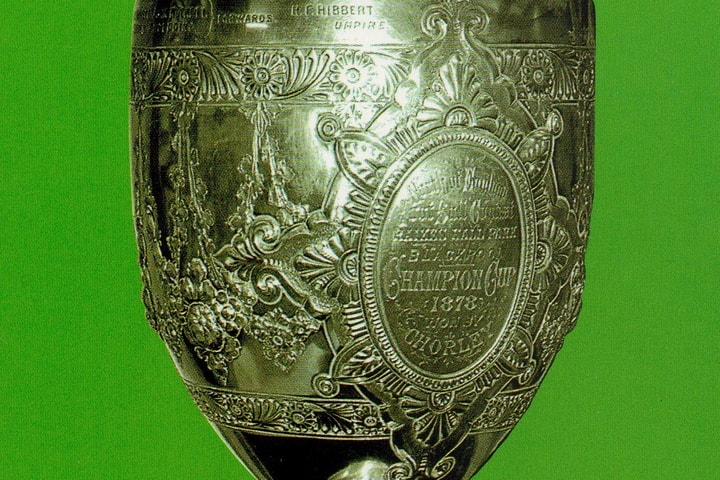It's November 1995 in Central Station Pub, King's Cross, London. Six men are sat around a table, excitedly discussing plans to create the first rugby club of its kind. Every one of them has a shared dream-to establish a safe environment for men to play rugby, where players can participate regardless of sexual orientation, race, or age. Fast forward twenty six (and a bit) years and the Kings Cross Steelers (KXS) continue to champion inclusion and diversity as the world's first ever gay inclusive rugby club.
That meeting in Central Station pub would prove poignant not only in solidifying the group's intentions to form an LGBT+ team, but in giving the club its name. Following the 1995 meeting, the six founding members sent a callout for rugby recruits. An advert was placed in 'Capital Gay'-a weekly, free gay newspaper published in London-which successfully attracted a number of players and interest, including the endorsement of Lord Robert Hayward, former MP and the club's first Chairman and President.
After establishing a team, the Steelers (KXS) sent out over 100 letters looking for fixtures. The club would find fourteen teams up for the challenge and the Steelers embarked on their campaign to compete in a local league. Their first few games were tough with the squad suffering gruelling defeats, including a 92-10 loss to Orleans Former Pupils in September 1996. The team trained tirelessly, keen to make a strong first impression. Although, the newly formed Steelers were overwhelmed by the more seasoned sides and the pressure playing under the media's watchful eye.
In April 1996, The Daily Telegraph wrote an article on the club's sceptical future, describing the 'world of homosexual rugby football…a little known one' that looked likely to 'stay that way' unless the Steelers were able to find 20 teams willing to play against them: the number of fixtures a new team requires before being officially recognised as an RFU club.[1] The great media interest that surrounded the KXS also caused trepidation to spread among the club's leadership; they feared a homophobic reception if they disclosed the whereabouts of their first match. The fear was prevalent enough for the details of the fixture to be withheld from even the players until hours before match day.








